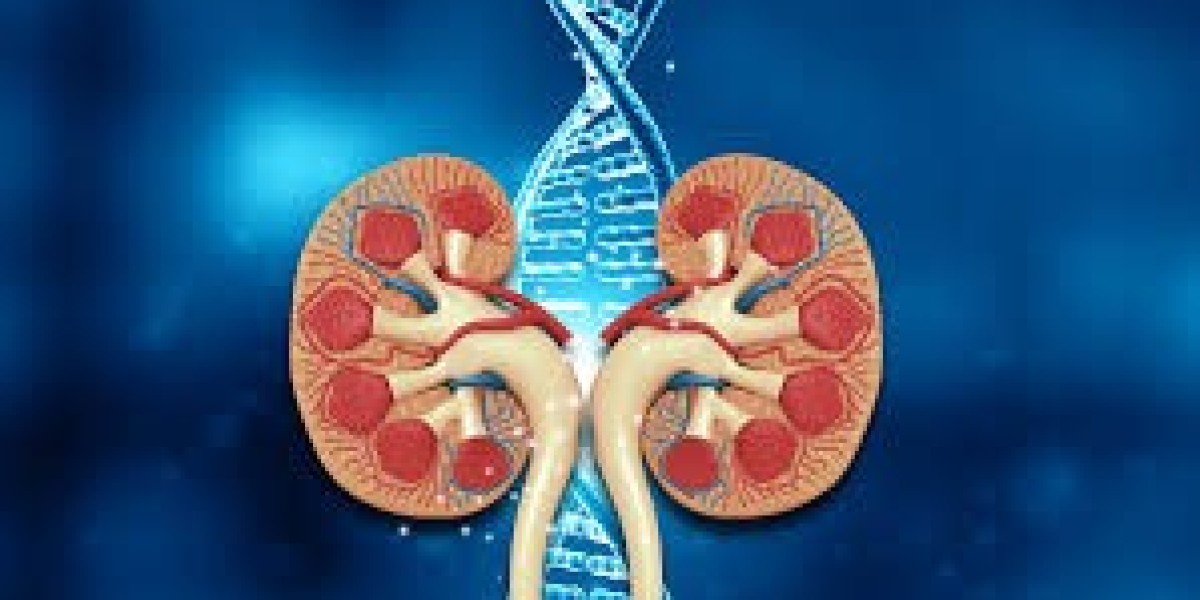Receiving a kidney disease diagnosis can be a lot to process. The good news is, you're not alone. At NephCure Inc., we're here to provide you with the information and support you need to understand your condition and move forward. Let's talk about two important aspects of kidney health: the specific condition of kidney disease IgA nephropathy and the cutting-edge tool of kidney disease genetic testing.
The Reality of IgA Nephropathy
Kidney disease IgA nephropathy (also known as Berger's disease or IgAN) is a type of kidney disease that happens when a protein called immunoglobulin A, or IgA, builds up in the kidneys' filters. Normally, IgA is a helpful antibody that fights infections. But in people with IgAN, this protein becomes abnormal and clumps together, getting stuck in the tiny filters of the kidneys, called glomeruli. Over time, this buildup causes inflammation and scarring, which can harm the kidneys' ability to filter waste.
The disease often develops slowly over many years, and in the early stages, you might not have any noticeable symptoms. This is why it's sometimes discovered by chance during a routine checkup. When symptoms do appear, they can be subtle, but they're important to pay attention to.
Common IgAN Symptoms to Watch For:
Blood in your urine: This is one of the most common signs. Your urine may look pink, dark brown, or cola-colored. This often happens after an upper respiratory infection, like a cold or sore throat, and may come and go.
Foamy urine: This can be a sign of too much protein in your urine.
Swelling (edema): You might notice swelling in your hands, feet, ankles, or around your eyes.
High blood pressure: Kidney damage can make it harder for your body to regulate blood pressure, leading to hypertension.
Flank pain: Some people experience pain on one or both sides of their back, just below their ribs.
Fatigue: As the kidneys' function declines, waste products can build up in the blood, leading to a general feeling of tiredness.
If you're experiencing any of these IgAN symptoms, it's crucial to talk to your doctor. Early detection is key to managing the disease and slowing its progression. A kidney biopsy is the only way to confirm a diagnosis of IgA nephropathy, but urine and blood tests can provide important clues.
Unlocking Answers with Genetic Testing
For some people with kidney disease, the cause is a mystery. But with advancements in science, we now know that genetics can play a significant role. This is where kidney disease genetic testing comes in. It's a powerful tool that can provide a clearer picture of your condition and help personalize your treatment plan.
What Can Genetic Testing Do?
Confirm a diagnosis: Sometimes, a genetic test can provide a definitive diagnosis, especially for rare or less-understood kidney diseases. This can be a huge relief and helps your doctor choose the most effective course of treatment.
Predict progression: Certain genetic changes can be linked to how a disease might progress. This information can help you and your healthcare team plan for the future.
Identify family risk: Your genes come from your parents. If a genetic mutation is found to be the cause of your kidney disease, it can provide valuable information for other family members, allowing them to be proactive about their health.
Provide access to new treatments: Many clinical trials for new therapies are based on specific genetic markers. Having this information could make you eligible for trials that might not have been an option otherwise.
At NephCure Inc., we believe that kidney disease genetic testing is a vital part of modern medicine. It's about moving away from a one-size-fits-all approach and toward a treatment plan that's as unique as you are. It’s important to discuss the pros and cons with your doctor or a genetic counselor to determine if it's the right choice for you.
Our Commitment to You
At NephCure Inc., we're committed to creating a world where no one has to face rare kidney disease alone. We fund research to find better treatments and cures, and we provide resources to empower patients and their families. From understanding your kidney disease IgA nephropathy diagnosis to connecting with experts who specialize in your condition, we're here for you every step of the way. We're a community of patients, families, and researchers working together to find answers and bring hope. If you're looking for more information or a supportive community, we're just a click away.













